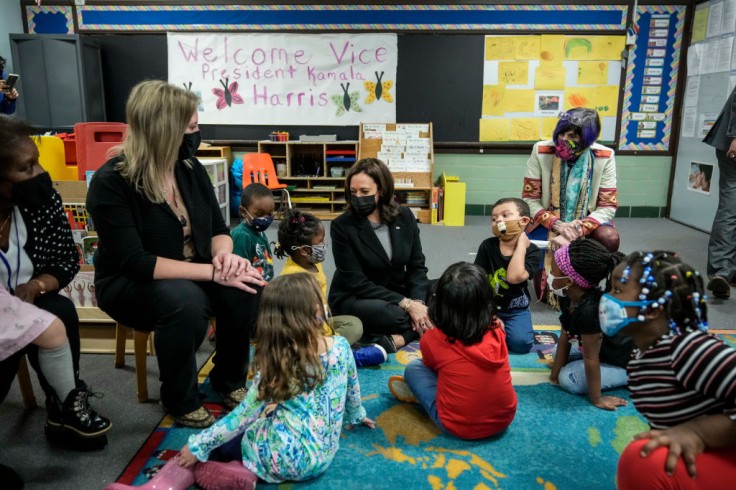
Poison control centers in the United States have seen a dramatic increase in reports of children ingesting melatonin over the last decade. According to a study from the Centers for Disease Control and Prevention (CDC) released on Thursday, June 2, these incidents increased 530 percent from 2012 to 2021.
The largest yearly increase transpired from 2019 to 2020, when reports rose by 38 percent. Melatonin is a hormone that can help regulate sleep and it is also produced and sold as a dietary supplement in liquid, pill or gummy form. According to the CDC, melatonin sales increased 150 percent in the United States between 2016 and 2020.
The federal agency said that most poison control reports came after children took melatonin supplements accidentally. Less than six percent of the ingestions were intentional, meaning that either parents gave melatonin to children or older kids took too much on purpose.
More than 4,000 kids hospitalized because of melatonin ingestion
The CDC report said that this might be related to increased accessibility of melatonin during the COVID pandemic, as children spent more time at home because of stay-at-home orders and school closures. The CDC added that reports of increasing sleep disturbances during the pandemic might have led to increased availability of melatonin in the home.
A survey of mostly American residents found that worries about COVID-19 were a consistent predictor of insomnia. In total, poison control centers in the U.S. received more than 260,000 reports of kids ingesting melatonin over 10 years.
Most children did not need to go to the hospital, but more than 4,000 were hospitalized, and the number of cases that required hospitalization increased over the study period. Five children were placed on ventilators, two of whom, ages 13 months and 3 months, died.
Dr. Kevin Osterhoudt, medical director of the Poison Control Center at Children's Hospital of Philadelphia, told NBC News that it is wholly predictable that as a drug becomes more available and accessible in homes, more poisoning events will occur.
According to Dr. George Wang, a pediatric emergency medicine physician at Children's Hospital Colorado, melatonin gummies may look particularly attractive to young children. Wang said many of them are not in any child-resistant packaging. He added that there's no regulations on how they should be packaged and a kid could get into a significant amount of them.
Children may fall into a coma in more severe cases
According to Osterhoudt, most melatonin-related calls to poison control centers were likely precautionary since 83 percent of the children in the study had no symptoms. Osterhoudt added that even among hospitalized patients, symptoms are usually mild.
Osterhoudt said that sleepiness, headaches and restlessness are common. They also had many patients who said they got an upset stomach, vomiting, diarrhea or nausea.
Kids may fall into a coma and stop breathing properly in more severe cases and that is where these dangerous outcomes happen, according to Wang. Health experts said that it typically requires a large dose of melatonin to cause those serious effects in children, according to NPR.